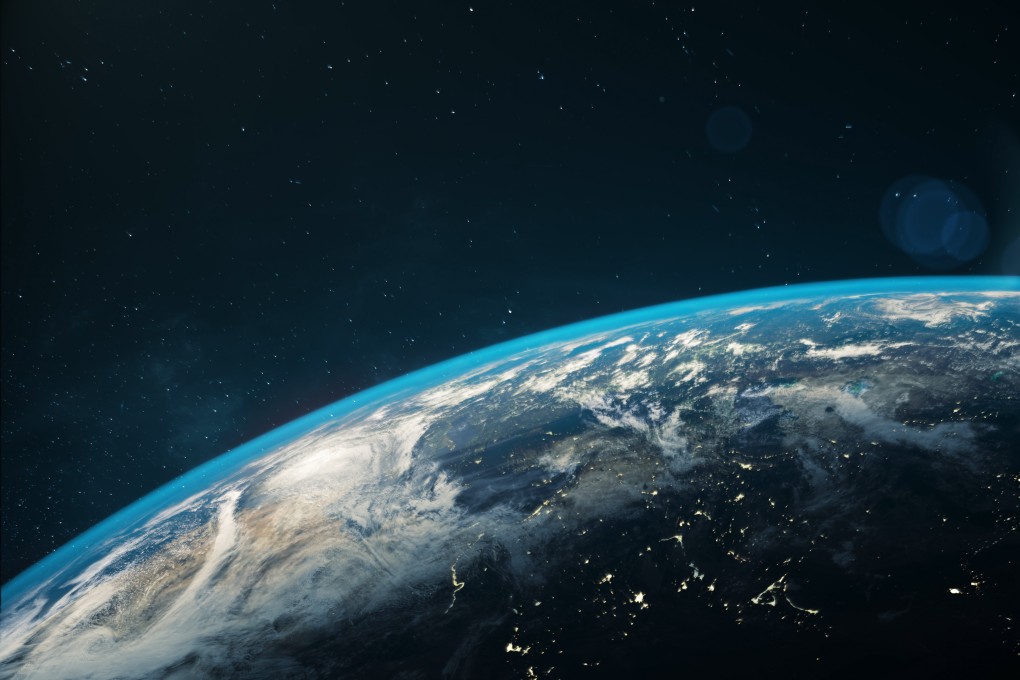My Take | Philosophical longtermism is more than I can take
- Give me the North American tribal principle of making responsible decisions for seven to 10 generations into the future, but for 80 trillion people yet to come? No thank you!

There is a “new” philosophy that is grabbing people’s attention, especially some billionaires. It’s called longtermism. Among its adherents are reportedly Elon Musk and his old PayPal co-founder Peter Thiel. No surprise there. Thiel has made no secret that he wants to live forever, or at least as long as possible. He has invested tens of millions in biotech firms that focus on longevity. If you plan on living into your hundreds, then you probably need to plan longer term.
But a few hundreds of years or dozens of generations are not really what longtermism’s most famous academic proponents are interested in. To provide a moral justification for society or civilisation, we need to think REALLY ahead. How far?
According to Nick Bostrom, professor and director of the Future of Humanity Institute at the University of Oxford, our actions today may have consequences for 1034 human life-years or longer. William MacAskill, fellow Oxford professor and head of the Centre for Effective Altruism at the university, estimates there could be a whopping 80 trillion people yet to come. This is based on currently known cosmological constraints, assuming, of course, that we don’t wipe ourselves out. If I calculate correctly, MacAskill and Bostrom’s estimates are equivalent, assuming each lifetime is 125 years.
“It turns out that the ultimate potential for Earth-originating intelligent life is literally astronomical,” Bostrom wrote. “Even confining our consideration to the potential for biological human beings living on Earth gives a huge amount of potential value. If we suppose that our planet will remain habitable for at least another billion years, and we assume that at least one billion people could live on it sustainably, then the potential exists for at least [1016] human lives.”
And they may have a much better quality of life than we do now.
